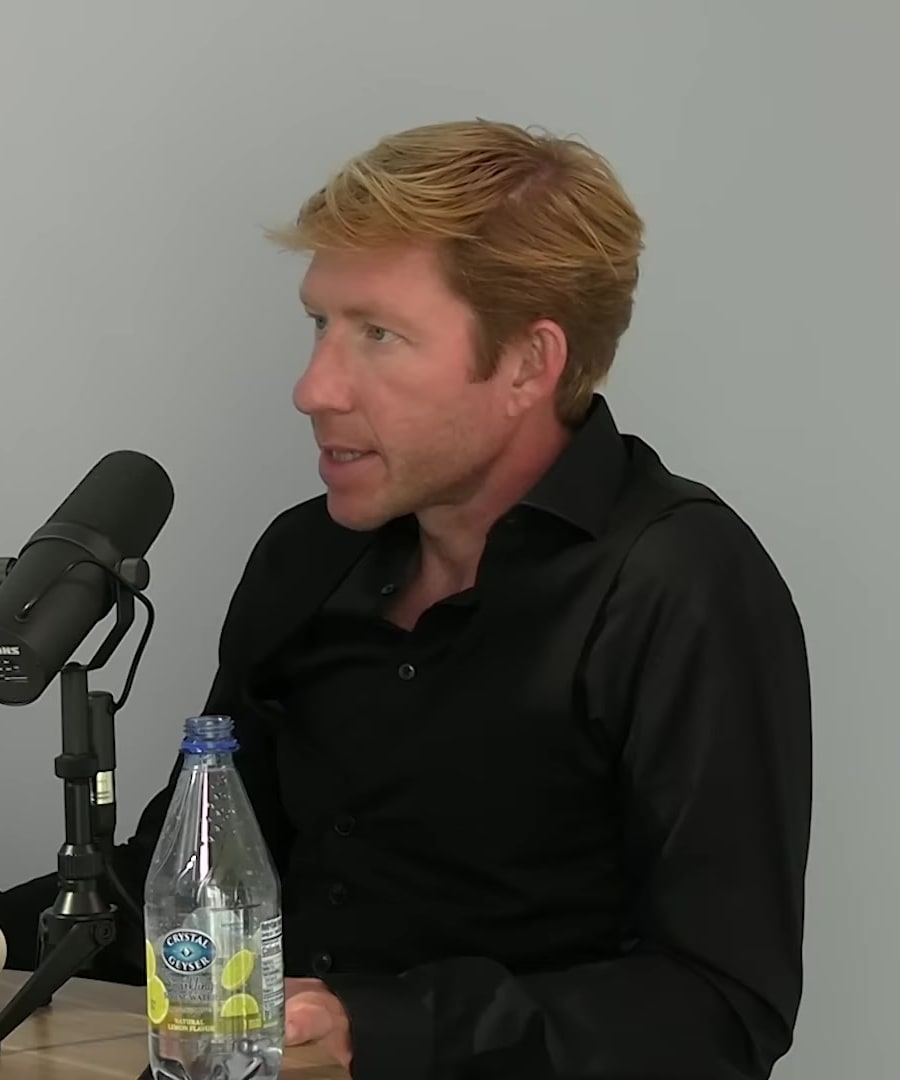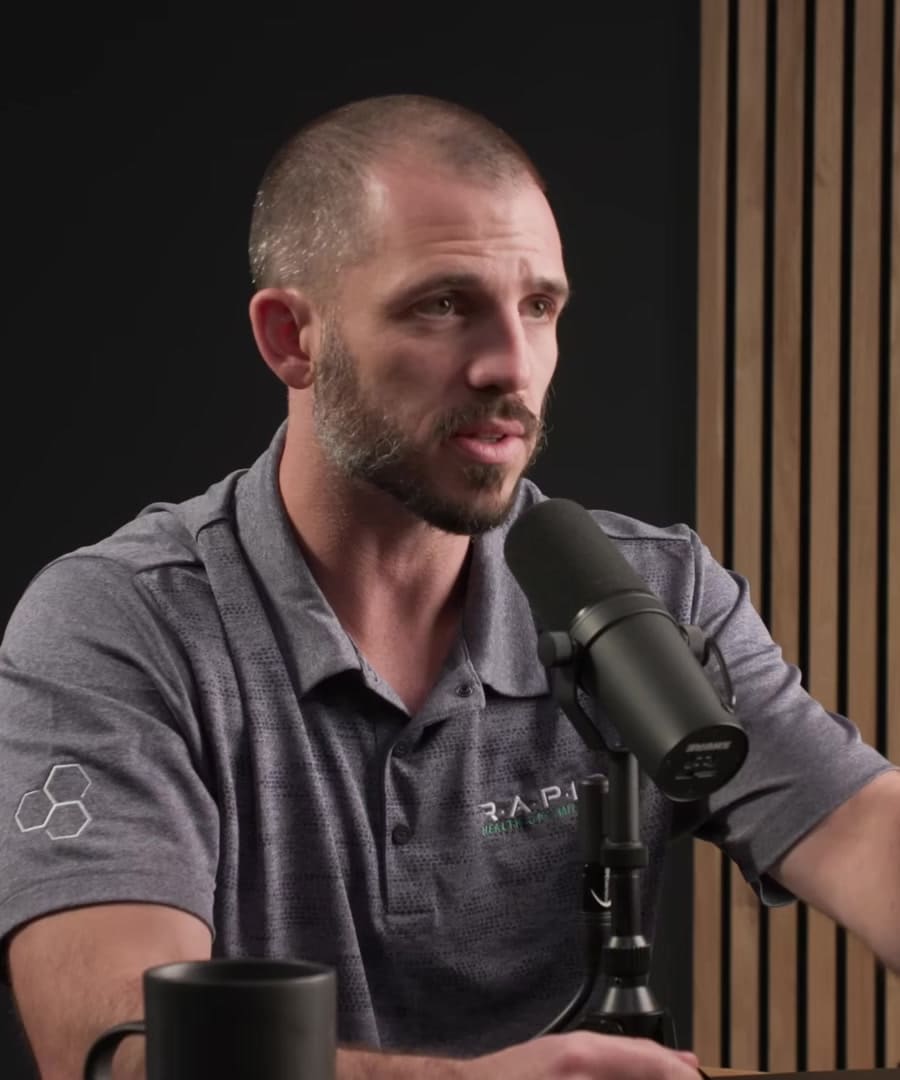How does Marijuana disrupt your sleep?
Sources:
Marijuana, particularly its THC component, disrupts sleep architecture and blocks REM sleep 1. Individuals using THC often do not remember dreams, but when stopping usage, they experience intense dreams due to REM sleep rebound 2. Additionally, THC consumption can create a debt for REM sleep, and withdrawal from THC can lead to severe rebound insomnia 2.
Furthermore, when THC supplants endogenous cannabinoids due to its higher potency, dependence can arise, leading to heightened anxiety, mood disruption, and interference with sleep states when not ingested 3. also points out that THC and alcohol can help people fall asleep but disrupt the quality of sleep, suggesting that there are other sleep aids that do not negatively impact sleep architecture 4.
Overall, while THC might hasten the onset of non-consciousness, facilitating sleep for some, it undermines the restorative quality of sleep, particularly REM sleep, resulting in less beneficial and potentially disruptive sleep patterns.
RELATED QUESTIONSWhat are some sleep aids that don't affect sleep quality?
Sources:
Optimizing sleep can be approached through various non-drug methods, which can be highly effective. Cognitive Behavioral Therapy for Insomnia (CBT-I), for instance, is a psychological approach that has been shown to be just as effective as sleeping pills in the short term and more effective in the long term 1. Matt Walker and also discuss the possibility that kiwi fruit may help with sleep, although only one study of significant value supports this claim, and it suggests a benefit in reducing the time it takes to fall asleep 1.
As for supplements, often addresses concerns about dependency. He reassures that there is no significant dependency problem with sleep supplements, differentiating them from sleeping pills 2. In fact, he personally uses a combination of magnesium threonate, theanine, apigenin, and inositol, which he finds improves his sleep quality 2. However, these should be an adjunct to proper sleep behavior rather than a primary approach. The website Examine.com is recommended for evaluating the safety and effectiveness of supplements, and always consulting a healthcare provider before starting any new regimen is advised 3.
RELATED QUESTIONSHow many calories for weight loss
Sources:
The number of calories needed for weight loss varies for each individual and is influenced by factors like basal metabolic rate (BMR) and levels of physical activity. Food labels may contain up to a 20% error, which complicates tracking calorie intake; nonetheless, being consistent in how you track can help you determine your caloric requirements over time 1.
For those considering rapid weight loss, research suggests that people who lose more weight quickly are more likely to keep it off. This may be due to the increased motivation from seeing fast initial results, leading to greater long-term sustainability 2. However, it's important to balance sustainability with the desire for quick results.
Adding lean muscle can slightly raise basal metabolic rate since muscle is more metabolically active than fat, although the increase in calories burned is not as large as once thought 3.
For weight loss, eliminating high-calorie consumables like alcohol can be beneficial, as it is a simple way to reduce calorie consumption 4. It’s important to be aware that not all calories are equal in terms of health impact and weight loss 5. Always consult with a healthcare provider for personalized advice, particularly when considering significant changes to diet or exercise routines for weight loss.
RELATED QUESTIONSWhat are some effective weight loss tips?
Sources:
To effectively lose weight, here are some evidence-based strategies discussed on the Huberman Lab Podcast:
-
Vision and Motivation: Leverage the connection between vision and motivation to efficiently achieve health-related goals, such as weight loss or increased exercise. Consistent focus on these goals can have a positive impact, but it's important to find ways to make progress that are easier and more sustainable than extreme diets or lifestyle changes 1.
-
Consistent Weighing and Averaging: Do not rely on fitness trackers for accurate energy expenditure. Instead, weigh yourself every morning after going to the bathroom, and average the weights over a week to get an accurate measure of progress. Weight fluctuations can be discouraging, but understanding that they represent fluid changes can help maintain motivation during a diet 2.
-
Exercise Patterning: Engage in high-intensity training followed by either low-intensity training or regular activities. This type of exercise patterning, especially if done when fasted, can optimize fat loss by deploying adrenaline from our neurons, which signals fat oxidation 3.
-
Muscle Mass Building: If muscle mass is sufficient, consider pursuing modest fat loss goals over a longer time frame to avoid injury and ensure sustainability. By focusing on incremental progress, such as losing a small percentage of body fat each quarter, the process becomes more manageable and less daunting 4.
-
Choose a Sustainable Diet: Ensure that the diet you pick for weight loss is one that you can adhere to in the long run. Recognize that the form of dietary restriction you choose should feel the least restrictive to you, and it's critical to plan for maintaining weight loss post-diet to prevent reverting to old habits 5.
-
Attention to Recovery: For non-drug assisted, typical recovery individuals, splitting weight training sessions can improve focus and effort. This can be beneficial for ensuring adequate recovery and avoiding overtraining, which is an important aspect for both muscle building and fat loss 6.
-
Track Steps: Tracking steps can be helpful to ensure your spontaneous activity levels do not decrease during a fat loss diet. It's important to maintain or adjust your activity to compensate for any spontaneous decreases 7.
These tips highlight the importance of consistent and sustainable approaches to weight loss that are personalized and considerate of individual differences and needs.
RELATED QUESTIONS-
Can you recommend some diet plans that are effective for weight loss?
Sources:
The has discussed several diet plans and approaches that can be effective for weight loss, always emphasizing the importance of adherence and personal compatibility with the diet. Here are some diet approaches mentioned:
-
Definitions and Adherence: The importance of choosing a diet that you can adhere to for the long-term is crucial. The adherence rate is more influential in successful weight loss than the specific type of diet 1.
-
Low Insulin Diets: Lower carbohydrate or moderate carbohydrate diets that keep insulin levels low can position your system to oxidize more fat, which can be beneficial for weight loss 2.
-
Dietary Change Impact: A strategy mentioned involves eliminating processed foods, reducing liquid calories, and avoiding excessive intake of refined carbohydrates and sugars to reduce insulin levels, which in turn may facilitate weight loss 3.
-
Slow Carb Diet: This diet, which involves a higher adherence rate and is cost-effective, focuses on foods that are low on the glycemic index 4.
-
Fasting and Time-Restricted Eating: Individual preferences for meal frequency and timing (such as fasting for certain periods) might influence dietary adherence and weight loss 5.
-
Avoid Artificial Sweeteners: While seemingly a good choice for reducing overall calorie intake, it's advised to be cautious of artificial sweeteners due to potential insulin response and fat deposition 6.
-
Balanced Approach: Removing highly processed foods and focusing on meats, fish, eggs, fruits, and vegetables, while avoiding starches and alcohol, is outlined as a simple and effective method 3.
Adapting the diet to personal sustainability and health goals is key. Before starting any new diet plan, it is advisable to consult a healthcare provider, particularly to address individual health conditions and dietary needs.
RELATED QUESTIONS-
List clips similar to "Sustainable Diets"
Sources:
Here are some clips that discuss topics similar to "Sustainable Diets":
-
Sustainable Diets
Layne Norton emphasizes choosing a long-term sustainable diet plan. Adherence is the key factor for weight loss success rather than the diet type. Andrew Huberman underscores the importance of this advice 1. -
Minimally Processed Foods
Andrew Huberman and Layne Norton discuss the health benefits of focusing on minimally processed foods and the problems associated with highly processed foods 2. -
The Importance of Nutrition
Nutrition's significant role in mood and mental health is explained, emphasizing the need for sufficient quality calories from non- or minimally processed foods 3. -
Ethical Farming
Andrew Huberman and Lex Fridman converse about ethical meat production and its impact on diet and the environment 4. -
Nutrition and Focus
Andrew Huberman describes his approach to nutrition for optimal focus, supporting all dietary choices, and prioritizing high-quality, minimally processed foods 5. -
Rapid Weight Loss
The healthiest approaches to rapid weight loss are explored, including the sustainability and the psychological impact of seeing quick results 6. -
Free Speech and Constructing Meaning
While not directly related to nutrition, this clip ponders creating a society where everyone can thrive, which tangentially ties to sustainable lifestyles and diets 7. -
Improving Sexual Communication
Discusses communication and understanding in a different, but related aspect of health and well-being 8.
These clips cover various aspects of diet, nutrition, and health, some of which touch upon sustainable practices and choices that affect lifestyle and well-being.
RELATED QUESTIONS-
Tell me about Tim Ferriss
Sources:
is a well-known American entrepreneur, investor, author, and podcaster. He gained widespread recognition through his series of "4-Hour" self-help books, which have been featured on the New York Times and Wall Street Journal bestseller lists. His influential podcast, The Tim Ferriss Show, has cemented his status as a thought leader in productivity, business, and lifestyle design. Furthermore, he has been an advisor and angel investor to over 50 companies, including big names like Uber, Facebook, and Alibaba, leading Fast Company to name him among the “Most Innovative Business People”. Ferriss is well-regarded for his techniques of optimizing work and personal life, often by challenging conventional wisdom and employing life hacks and shortcuts, which he calls "lifestyle design".
RELATED QUESTIONS
How does Marijuana disrupt your sleep?
- RELATED QUESTIONS
What are some sleep aids that don't affect sleep quality?
- RELATED QUESTIONS
How many calories for weight loss
- RELATED QUESTIONS
What are some effective weight loss tips?
- RELATED QUESTIONS
Can you recommend some diet plans that are effective for weight loss?
- RELATED QUESTIONS
List clips similar to "Sustainable Diets"
- RELATED QUESTIONS
Tell me about Tim Ferriss
- RELATED QUESTIONS






























